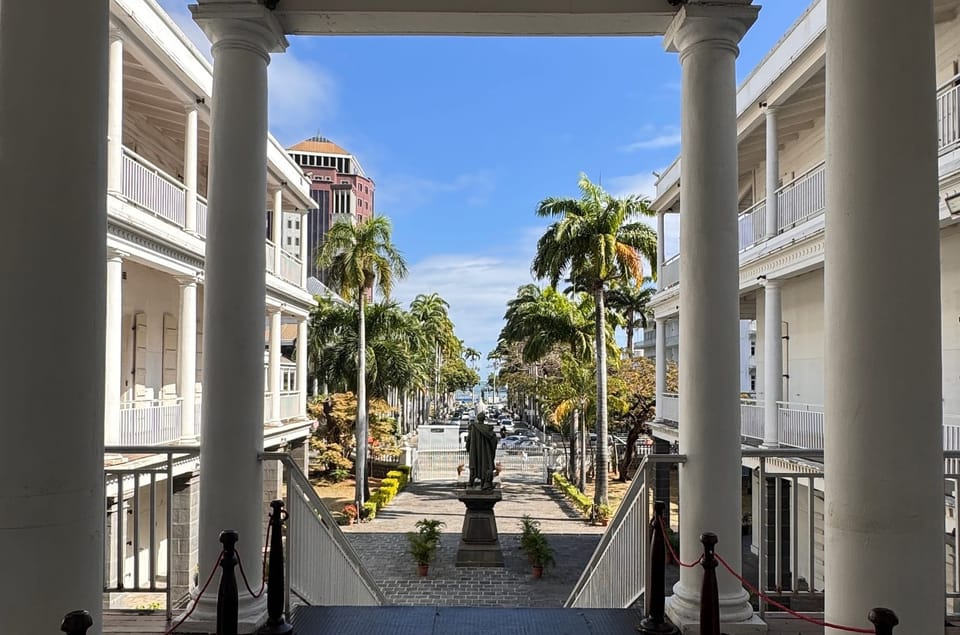Voting to Elect or to Keep Out?

In an unconventional outcome to the second round of the French presidential elections, right-winger and traditional conservative Marine Le Pen conceded an unprecedented defeat a few months back in 2024.
In the United States, the presidential elections are approaching, with only five weeks of harsh and tumultuous campaigning to go. The latest NBC News poll shows Democratic candidate Kamala Harris leading Republican Donald Trump, with 49% of people in favor and 44%, respectively. This major shift from the July poll indicates an all-too-important change in voting dynamics.
Britons saw a similar situation earlier this year. Voters put an end to a decade of Tory leadership in favor of Sir Keir Starmer’s Labour Party. A moderate left-wing cabinet was set up, and Number 10 got back on its feet, steaming ahead only hours after the election results had been announced.
It seems clear that voters are more than ever at the center of major elections this year. Of course, there are exceptions, as is always the case. In the Venezuelan elections, which saw President Maduro elected with 51% of the vote, a government crackdown following opposition disputes turned fatal for 21 people. Sri Lankan voters elected their first leftist leader in September, making history and shedding uncertainty over a novel leadership style and economy-focused politics.
In Mauritius, people are gearing up for their own battle. The Parliament is set to undergo its constitutional dissolution soon, with November 21, 2024, being the latest date it can still stand. Insiders say that this dissolution will happen much sooner—likely in early October. Battling the polls in a controversial partial election in constituency No. 10, the party in power is polishing its boots ahead of what is expected to be the toughest campaign in a long time.
A mix of four ideologically contrasting parties—some from mainstream politics, another formed by exiled members of a mainstream party, and an eco-socialist front that advocates for environmental and workers’ rights—spearheads the opposition movement. This contrasts significantly with the current power structure, which has two minor allies tugging fractions of the electorate their way.
Amidst all these parallels, one certainty remains: new blood in politics is scarcer than ever. In developed countries, standalone political fronts are reinventing themselves by revisiting traditional economic and socialist ideologies. Populations still suffer from pandemic-induced financial hardships, and palliative actions are needed more than ever. This is evident from the US Federal Reserve's latest 50-basis-point rate cut in September.
In developing countries, however, stark political ideologies and concepts are not at the forefront of campaigns. Mauritius has never seen Left (L) and Right (R) wings in its leadership. Mauritian politics boasts its enduring centrism, with a tendency to sway left or right as the economy and people dictate. Financial legislation is blurry in its ideological lines, and social structures barely function under the suffocating, exclusive control of governments.
Instead, a mix of multidisciplinary policies stacked on top of one another makes up the bulk of electoral plans for major parties. Second-row parties—the nearly 20 of them—promote accountability and concealed idealism. They shine as beacons of hope and change, yet no revolutionary philosophy seeps from their ranks.
Deeply enshrined in this half-century-old system is a rural saying: “Ene Allé, Lot Vini” (One goes, another comes). Voters have seen the same families come and go, gatekeeping the helm of Government House. A few individuals born with silver spoons are entitled to implement their visions—or lack thereof—in a constitutional capacity. We are, therefore, left voting to keep someone out, rather than voting to elect someone.
Out with the old, and in with the less old. That’s the name of the game these days. This egregious system isn’t set to change soon. Indeed, my idealism and optimism slowly trickle away as time goes by, and I witness the glass ceiling above the heads of young politicians getting thicker.
Our mission is to maintain hope. We can’t beat them, but we must not join them!

